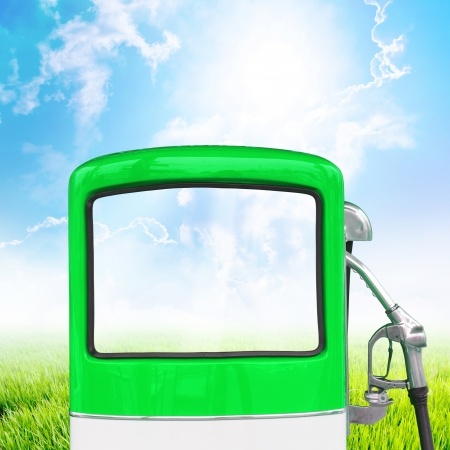The rising cost of oil has lent itself to a surge in the research of potential alternative fuels. For decades there have been various attempts at developing vehicles that will run on something other than gasoline. One of the most well-known alternative attempts is the electric car, which was developed to run on electricity just as its name implies. However, there are many more ideas that have been under investigation in spite of their bizarre focus.
One of the weirdest ideas for alternative fuel may very well be human fat. A plastic surgeon from Beverly Hills reportedly harvested leftover fat from liposuction surgeries and used it in place of gas. Although this is not legal, a realistic approach is the current study of other kinds of fats such as animal and vegetable. These generally do not need conversion and emit less carbon dioxide than many other fuels.
Styrofoam cups and plates are another possibility. The polystyrene that is used to make these is lightweight and may prove to be a helpful additive to fuel. It would require some conversion to be effectively used, but because it melts quickly a small concentration added to fuel would be beneficial.
Waste products are also being looked at carefully. Although any waste can work, including that from poultry, pigs, and horses, there are two types being studied in particular. These are cow manure and dirty diapers, which may provide a steady supply of fuel. Methane from cows is not news, as it is widely known that this popular livestock produces a lot of methane daily, sometimes exceeding one hundred gallons of gas by just one cow. Dirty diapers can be broken down and processed into a fuel alternative as well. They are readily available and by keeping them out of landfills there is an added positive effect.
There are other interesting fuel alternative ideas out there, including coffee grounds, chocolate, and alcohol. All of these and many others are being tested for use as a replacement for the traditional gas that has been the mainstay for years.
Alternative fuels can potentially bring savings on car insurance although there is not a hard and fast rule concerning them at this time. Some ctp insurance companies may offer discounts on policies that cover vehicles using alternative fuels. The more comprehensive the package, the more likely that there will be some benefits available. The more basic the policy, the less likely that discounts will be offered.
This is because one of the biggest factors of car insurance rates is driver history, which is not generally affected by the type of fuel being used in a vehicle. However, many alternative fuel vehicles are driven less frequently. Less time driving means there is less opportunity for accidents and that may play a part in rate determination. But as more vehicles running on something other than gas become available, insurance companies are likely to keep pace and take into account the new variables that are added by this modern trend.
Featured images:
License: Royalty Free or iStock
source: www.123rf.com
License: Royalty Free or iStock source: www.123rf.com
About Author: David Glenn is a home improvement expert. He occasionally freelance writes about home security and DIY home repair. He’s also knowledgeable about topics like how to improve social presence and building a reputation online.
